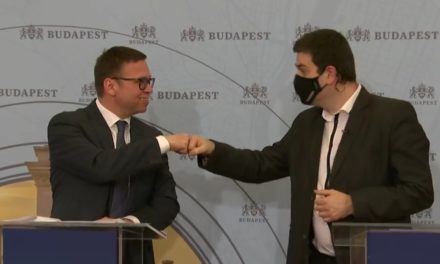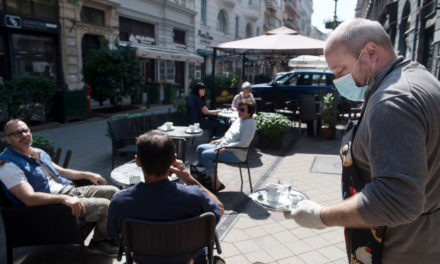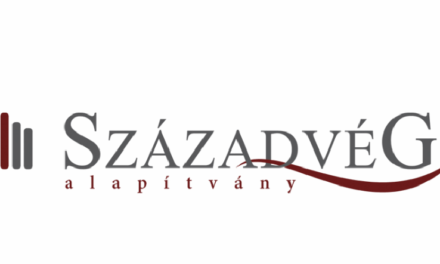The president of the European Commission should speak personally about the news that Ukrainian President Volodymyr Zelenskiy wanted to blow up the Friendship oil pipeline that also supplies Hungary - Péter Szijjártó spoke about this on Kossuth Rádio. The Minister of Foreign Affairs added: They did not receive any kind of explanation for the news from Kiev, but at the same time, the matter has great weight, because if someone tries to destroy the security of a country's energy supply, it can be considered an attack on its sovereignty.
Ursula von der Leyen reacted with confused silence and forced laughter on Monday, when the public media asked her what she thought about the Washington Post article, in which it was written that Ukrainian President Volodymyr Zelenskyy spoke passionately with one of his direct colleagues about blowing up the Friendship oil complex. line, that they put the Hungarian economy in a difficult situation, and the Hungarian government led by Viktor Orbán. In the end, the President of the European Commission only said that he had not heard about the case.
The Ukrainian president recently stated that Ukraine should simply blow up the pipeline because it could destroy Hungarian Prime Minister Viktor Orbán's industry.
However, at least a day ago, the world press was dealing with the fact that the Ukrainian president could have planned an attack on the energy supply of an EU member state, a NATO member country. The European Commission has not responded to the case since then. Just like Kyiv. Péter Szijjártó pointed out in connection with the case in Kossuth Rádió's Vasárnapi Újság program that, to date, they have not received an explanation from anyone about the news based on an intelligence leak.
"We did not receive any kind of explanation from Kiev for these news or rumours. I think that this is such a weighty matter that the President of the European Commission should make a personal statement, since the question of the security of energy supply has now become a question of sovereignty, and that if someone tries to prevent the security of a country's energy supply, then it is against the sovereignty of that country can be considered an attack," said the Minister of Foreign Affairs and Trade.The minister said that if transportation through Ukraine is impossible, it will be physically impossible to supply Hungary with crude oil, as the capacity of the crude oil pipeline from Croatia is much smaller than all the crude oil needs of Hungary, Slovakia and partially the Czech Republic. In this regard, the head of the ministry also touched on the fact that Croatia - taking advantage of the war situation - unabashedly increased the transit fee to many times the European market rate, and Ukraine did the same.
Péter Szijjártó highlighted:
"The Hungarians have already paid a very high price for a war that is not their war, and they had nothing to do with its outbreak, so it would be a legitimate expectation that they would not want to make the Hungarian people pay the even higher price of this war."The United States does not trust Zelenskiy either and keeps him under close surveillance, Sámuel Ágoston Mráz said on Kossuth Radio in connection with the Washington Post article. The head of the Viewpoint Institute also called it an attempted provocation that the article was published when Volodymyr Zelenskiy was negotiating with European leaders.
"Hungary's attempt to deviate from the wise balance, which must be responded to cautiously, with a precise definition of national interests, firmly, but not according to the expectations of the provocateurs," said the head of the Nézőpont Institute.Brussels is also silent on another matter. Namely, that the President of the European Commission, or someone from his entourage, could have advised the Ukrainians to calmly stop the transportation of oil through the Friendship Pipeline, if the Hungarians still do not relax the restrictions on Ukrainian agricultural products.
On Wednesday, Origo wrote that the CEO of UkrTransNafta sent a note in Russian about all this to MOL on May 15. The committee narrowly stated only that Ursula von der Leyen did not say this.
This serious and disgraceful case of extortion must be clarified immediately - Tamás Deutsch spoke about it in his video message on Saturday. The head of the delegation of the Fidesz European Parliament group stated that they have addressed written questions to the European Commission, to which they expect immediate answers.
Source and full article: hirado.hu
Featured Image: Facebook











